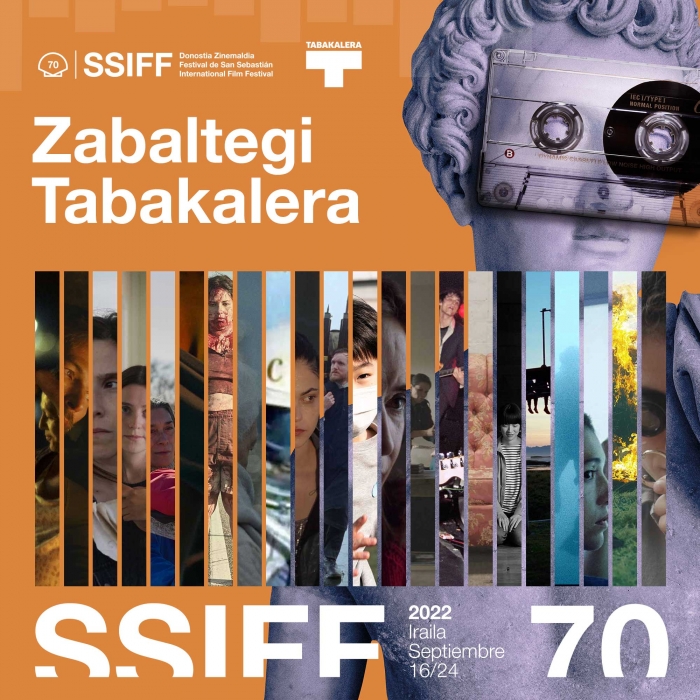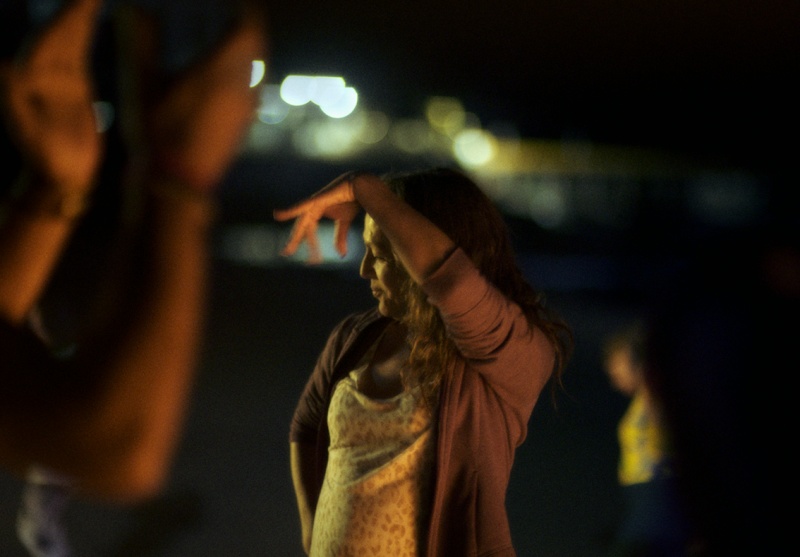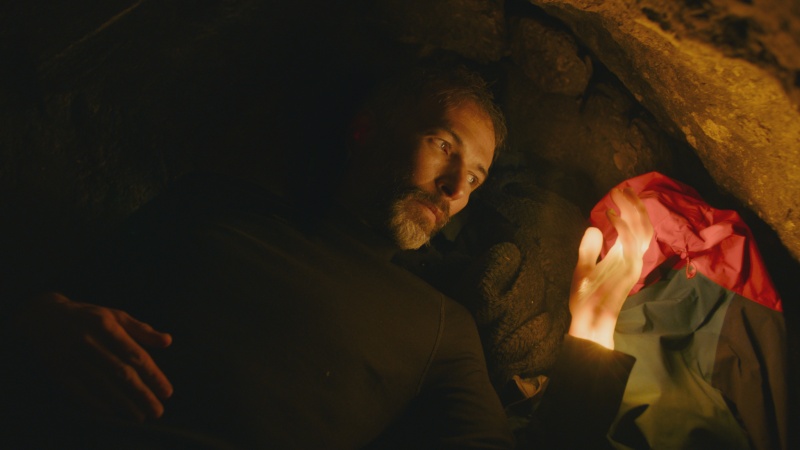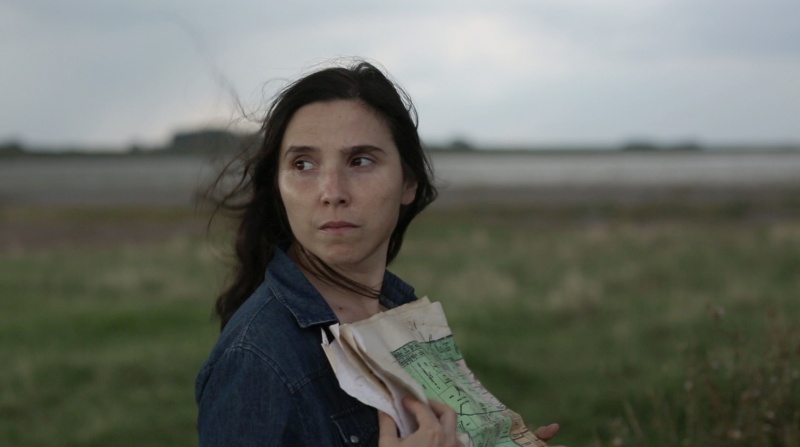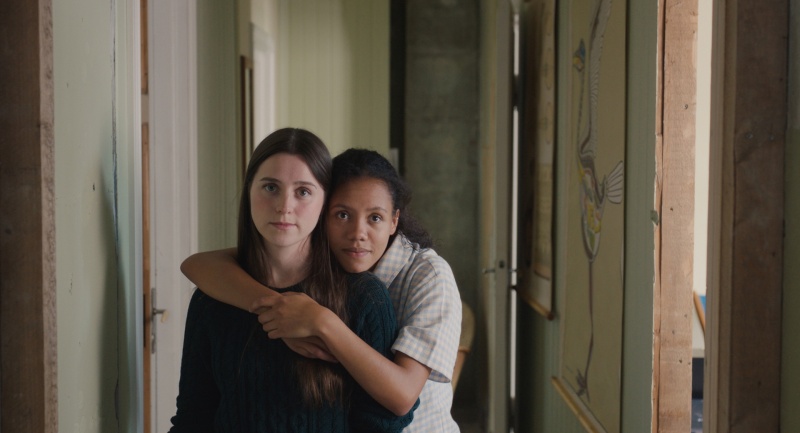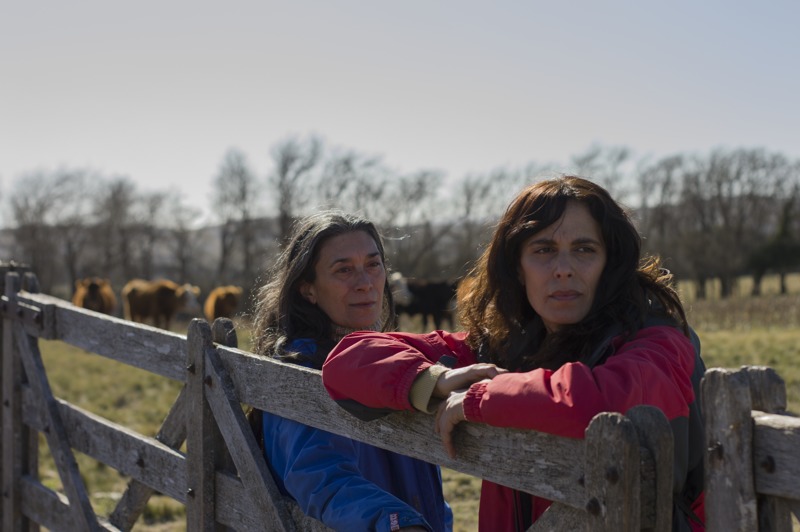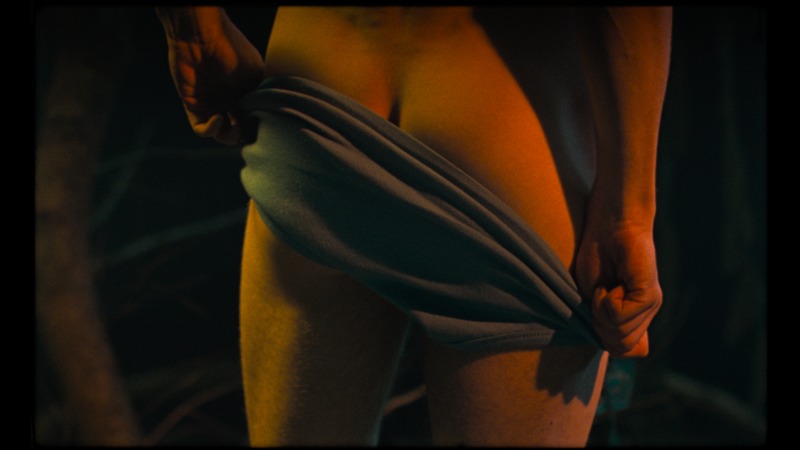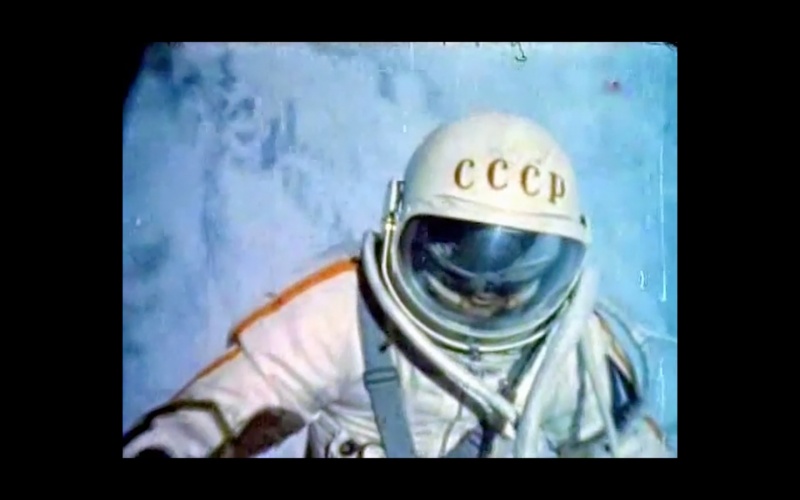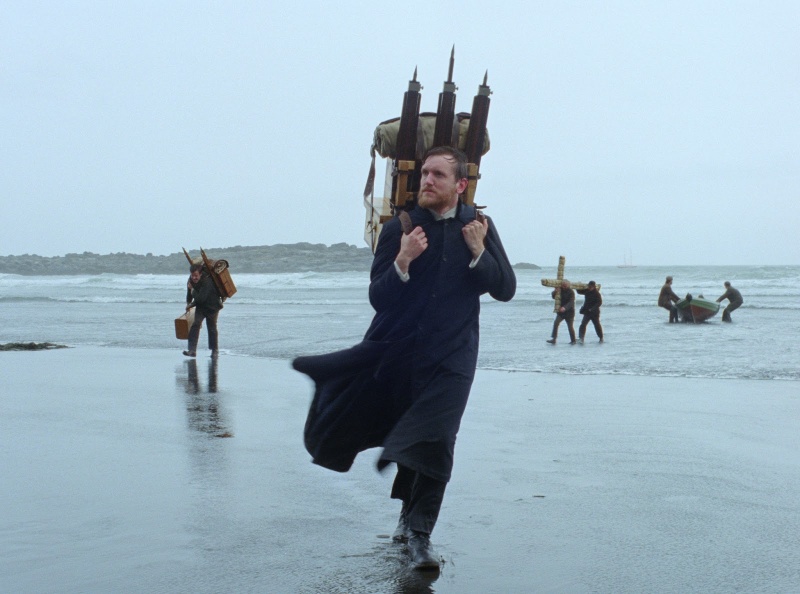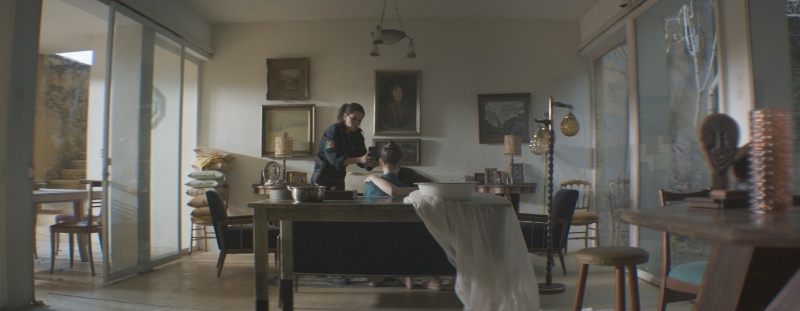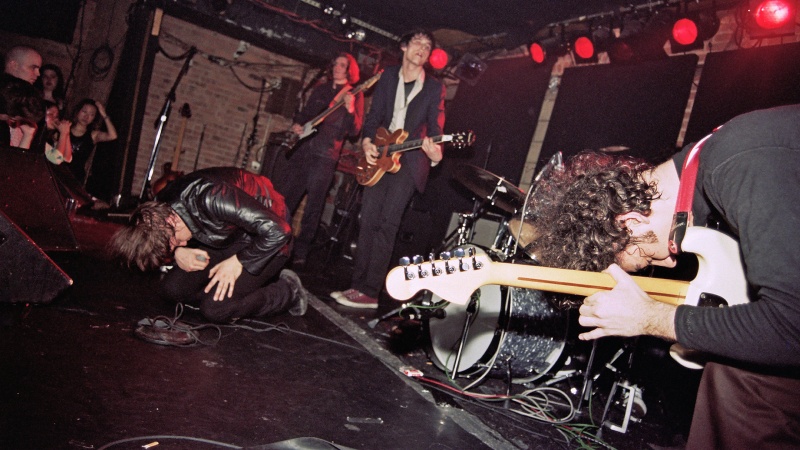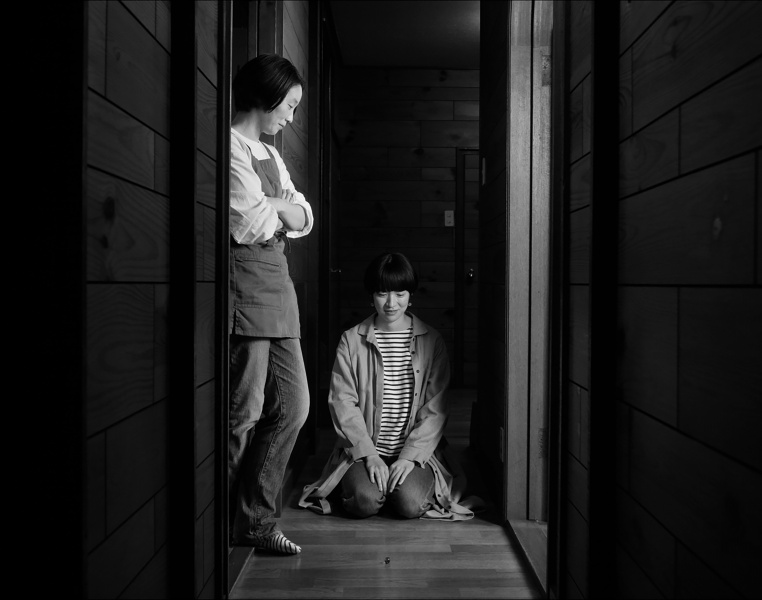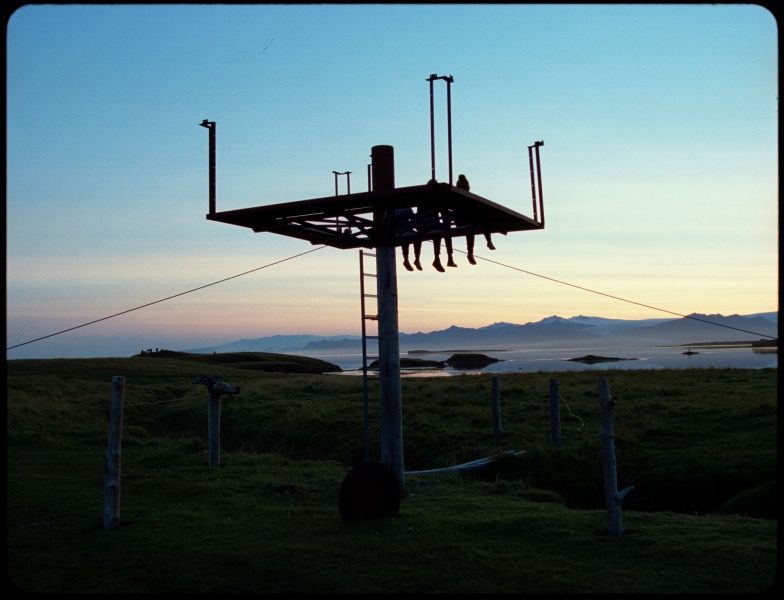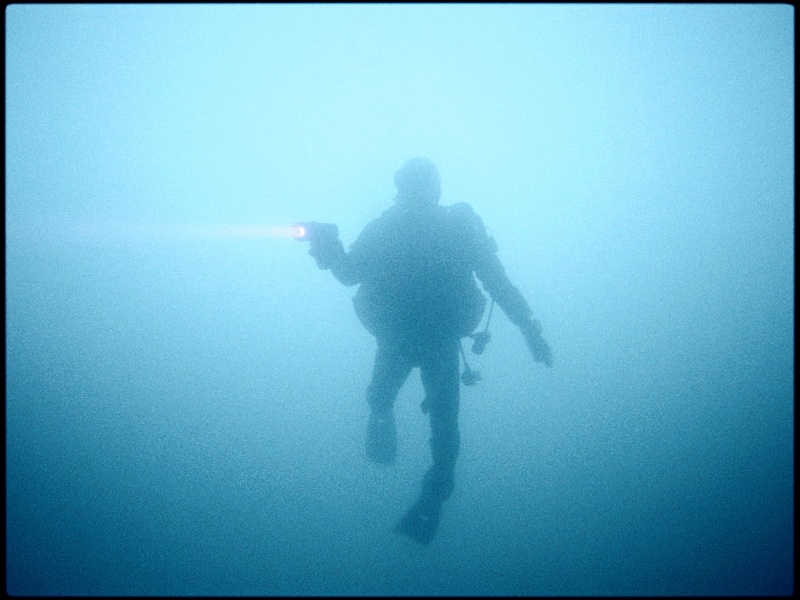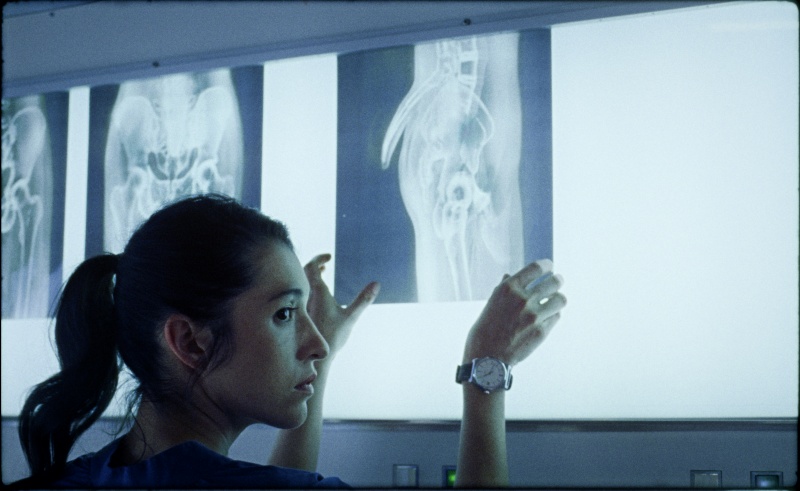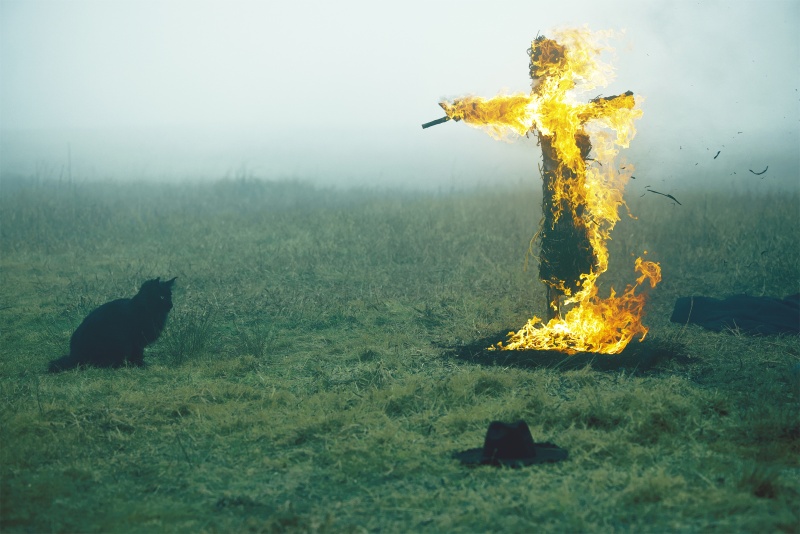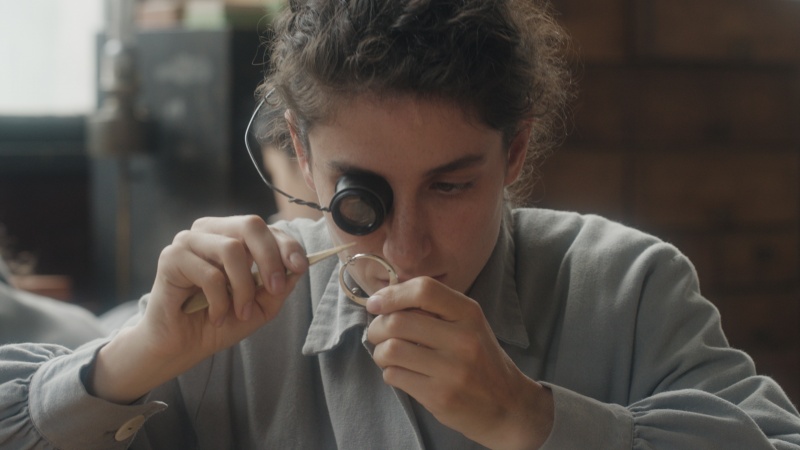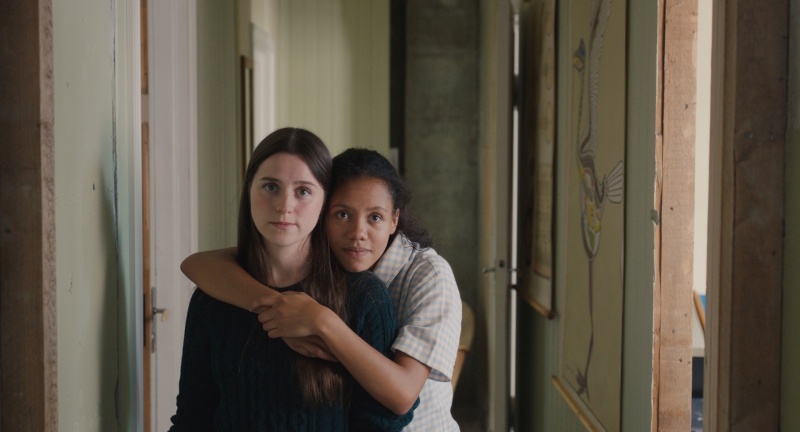The other titles are in largely works to have received awards or have been programmed in Berlin, Cannes, Jeonju, Sundance and Venice, amongst other festivals
Zabaltegi-Tabakalera will host at the San Sebastian Festival's 70th edition a selection of films coming in the main from Berlin, Cannes, Jeonju, Locarno, Rotterdam, Sundance and Venice, amongst other festivals. In the Festival's most open competitive section, where there are no limits of style or time, Santiago Loza will show his new work as a world premiere alongside filmmakers including Ruth Beckermann, Lee Chang-dong, Bi Gan, Natalia López Gallardo and Hlynur Pálmason. Pending the addition of another title, for the time being 22 titles will participate in the section: 13 features, eight shorts and one mid-length movie.
After having presented several projects in Films in Progress, the Co-Production Forum and having participated in Horizontes Latinos, the Argentinian Santiago Loza (Córdoba, 1971) will return to the Festival with the world premiere of the feature Amigas en un camino de campo / Friends on a Country Road, a tale of friendship, the passing of time and absence.
The Austrian filmmaker Ruth Beckermann (Vienna, 1952) brings a contemporary approach to the erotic novel Josefine Mutzenbacher (1906) in her latest feature film, which carried off the Best Film Award in the Encounters section of the Berlinale.
The latest work of the Argentinian Laura Citarella (La Plata, 1981) is Trenque Lauquen, a film split into two parts or two films in a saga, programmed to participate in the Orizzonti section at Venice and whose starting point is a woman’s mysterious disappearance.
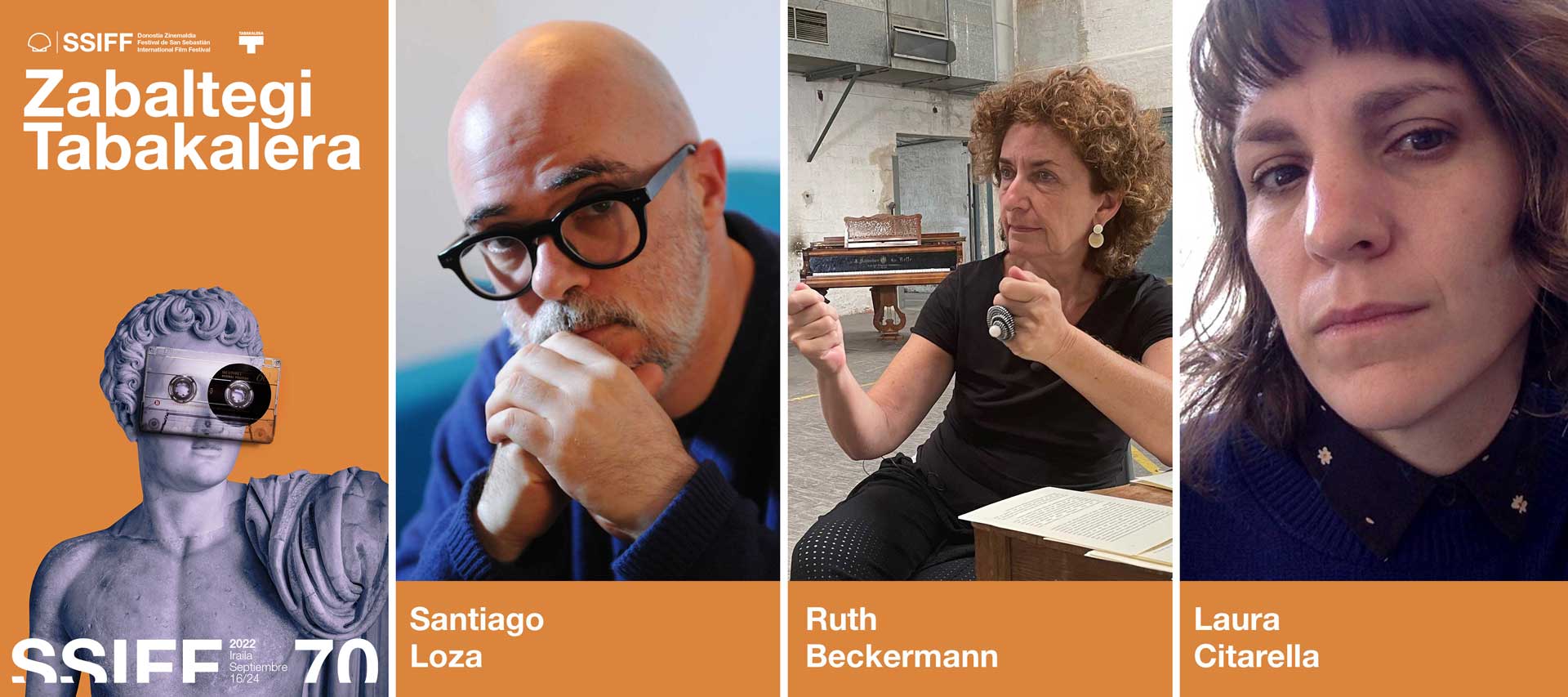
The Argentinian Andrés Di Tella (Buenos Aires, 1958) will return to the section in which he previously screened 327 cuadernos (2015) and Ficción privada / Private Fiction (2019). This time round his contribution is Diarios, a series of short pieces premiered at the last edition of the BAFICI festival.
Having made his debut with Skynd Deg Sakte / Hurry Slowly (2018), the Norwegian Anders Emblem (Ålesund, 1985) will participate in Zabaltegi-Tabakalera with his second work, A Human Position, shown at festivals such as Tromsø, Rotterdam and Jeonju. The film is the portrait of a journalist who discovers an injustice that prompts her to examine her personal life from a new angle.
The Bolivian Natalia López Gallardo (La Paz, 1980), who has worked as an editor on the films of moviemakers such as Carlos Reygadas and Amat Escalante, makes her directorial debut with Manto de gemas / Robe of Gems. The feature film, which explores the violence of organised crime in Mexico, landed the Jury Prize at the last Berlinale.
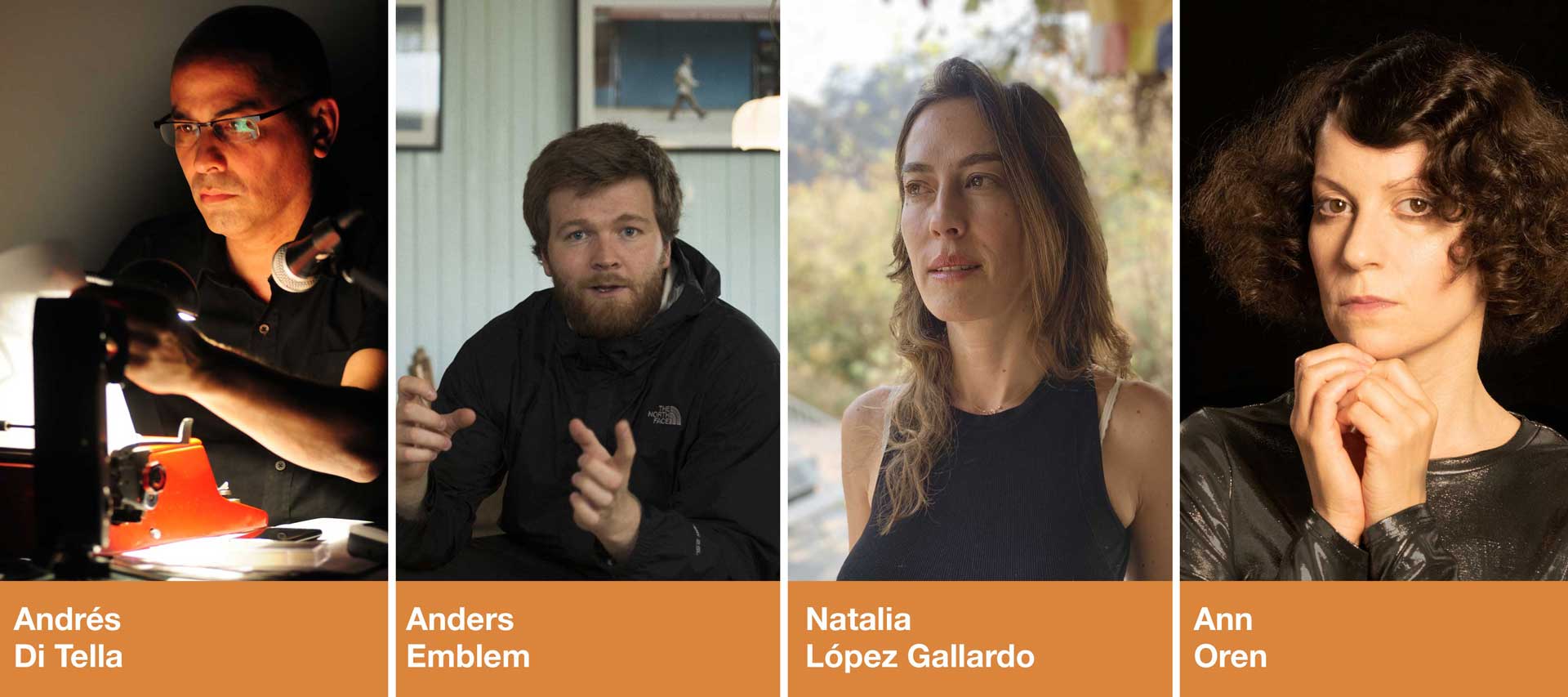
The British directors Dylan Southern (1977) and Will Lovelace (1978), who have co-directed musical documentaries about artists including Björk, Jack White and Blur, are the authors of Meet Me in the Bathroom, premiered in Sundance. The movie takes us on an immersive journey through the New York music scene of the early 2000s, dominated by bands like The Strokes, LCD Soundsystem and Yeah Yeah Yeahs.
Following its screening at the Locarno Festival, Ann Oren (Tel-Aviv, 1979) comes to San Sebastian with her first feature film, Piaffe, starring a woman empowered when a horsetail grows in her lower back.
Thomas Salvador (Paris, 1973), who premiered his debut Vincent n’a pas d’écailles / Vincent (2014) in New Directors, will come to Zabaltegi-Tabakalera with the feature film previously screened at the Quinzaine des Réalisateurs in Cannes, La montagne / The Mountain, about an engineer from Paris who leaves everything to go to the Alps.
The Swiss helmer Cyril Schäublin (Zurich, 1984) won the Best Directors Award in the Encounters section of the Berlinale and the Best Film Award of the International Competition at Jeonju Festival with his second feature, Unrueh / Unrest, a fiction set in the 19th century in a small town of watchmakers as the anarchist movement is gaining strength.
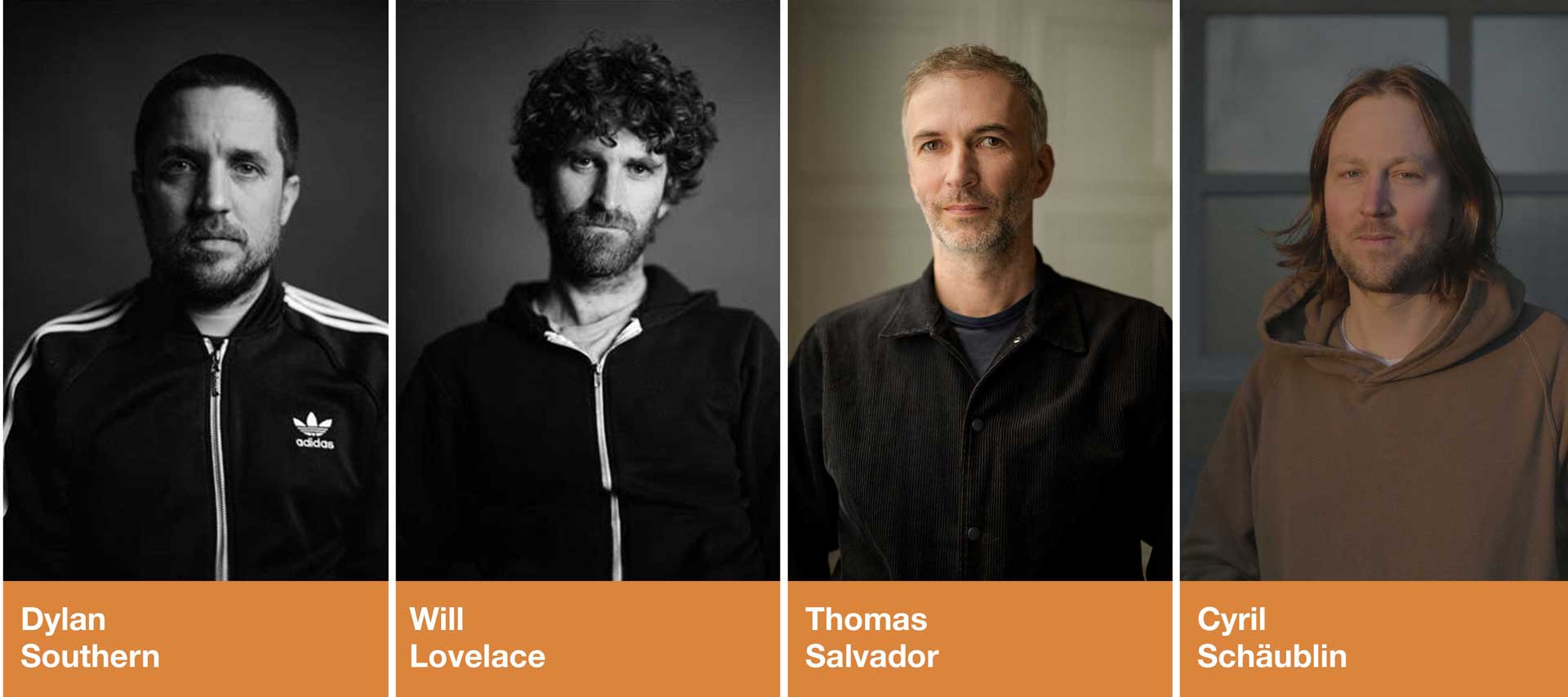
The British director Peter Strickland (Reading, 1973) competed in the Official Selection with the feature film In Fabric (2018) and showed Cold Meridian (2020) in Zabaltegi-Tabakalera. This year he returns to the latter section with a new short film, Blank Narcissus (Passion of the Swamp), following a veteran porn movie director as he looks back at his past.
Las criaturas que se derriten bajo el sol / Les créatures qui fondent au soleil, programmed at the Semaine de la Critique in Cannes and centred on a trans woman who visits a former lover, is the latest short film from the Chilean Diego Céspedes (Santiago, 1995), winner of the Panavision Award in the Nest section with El verano del león eléctrico (2018) and a participant in Ikusmira Berriak 2020 with La misteriosa mirada del flamenco / The Mysterious Gaze of the Flamenco, his first feature film.
Author of feature films such as Poetry (Perlak, 2010) and Burning (2018), Lee Chang-dong (Daegu, 1954) will attend with the short film Heartbeat, following an 8-year-old boy who runs away from school afraid that his mother, who suffers from depression, may commit suicide while at home alone. The South Korean director premiered this movie at Jeonju Festival, which dedicated a retrospective to him.
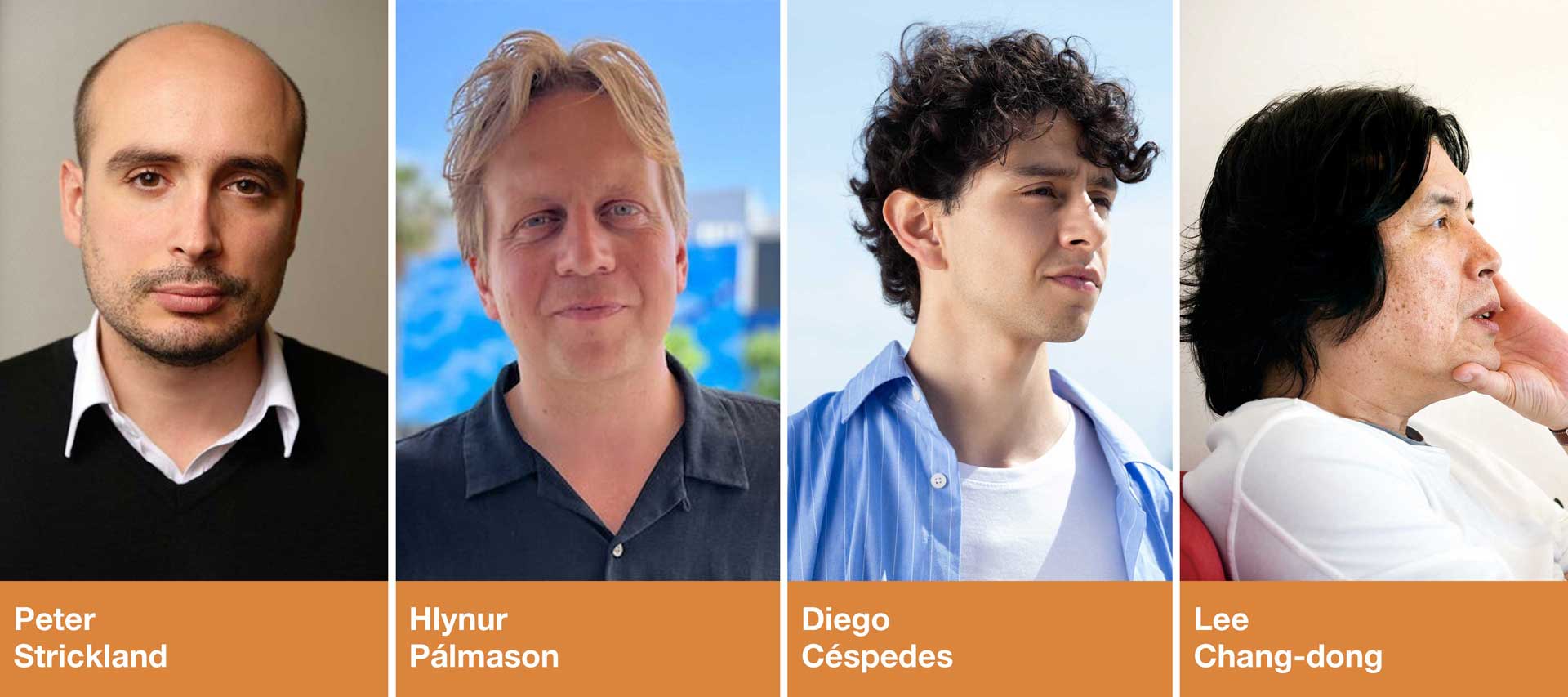
The Chinese moviemaker Bi Gan (Kaili, 1989), who presented his second film, Di Qiu Zui Hou De Ye Wan / Long Day's Journey into Night (2018) in Zabaltegi-Tabakalera, returns to the section with Po sui tai yang zhi xin / A Short Story, a deeply personal fairy tale screened in the Official Selection of short films at the Festival de Cannes.
Zabaltegi-Tabakalera will also show the mid-length Naname no rouka / Itchan and Satchan, in which the Japanese moviemaker Takayuki Fukata (Yokohama, 1988) tells the tale of two sisters who discover their differences while tidying the house of their grandmother, who has been taken to a nursing home.
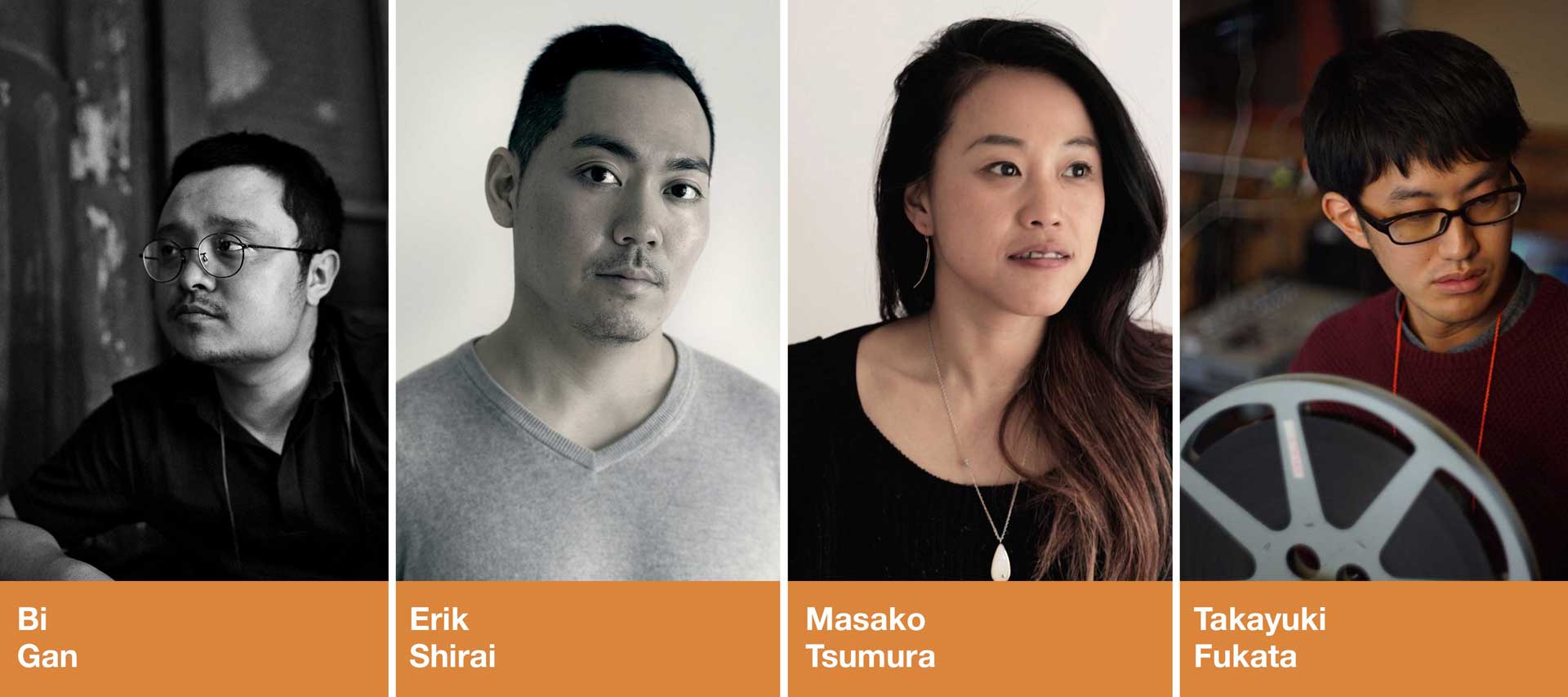
The selection also includes four titles already announced: El agua / The Water, by Elena López Riera who, after participating in Ikusmira Berriak, was selected for the last Quinzaine des Réalisateurs in Cannes; Cerdita / Piggy, Carlota Pereda’s debut, screened at the Sundance Festival; and two shorts from the Kimuak programme; Hirugarren koadernoa / The Third Notebook, by Lur Olaizola, which will screen out of competition following its premiere at Cinéma du Réel, and Cuerdas / Chords, by Estibaliz Urresola, which will show following its screening at the Quinzaine des Réalisateurs in Cannes.
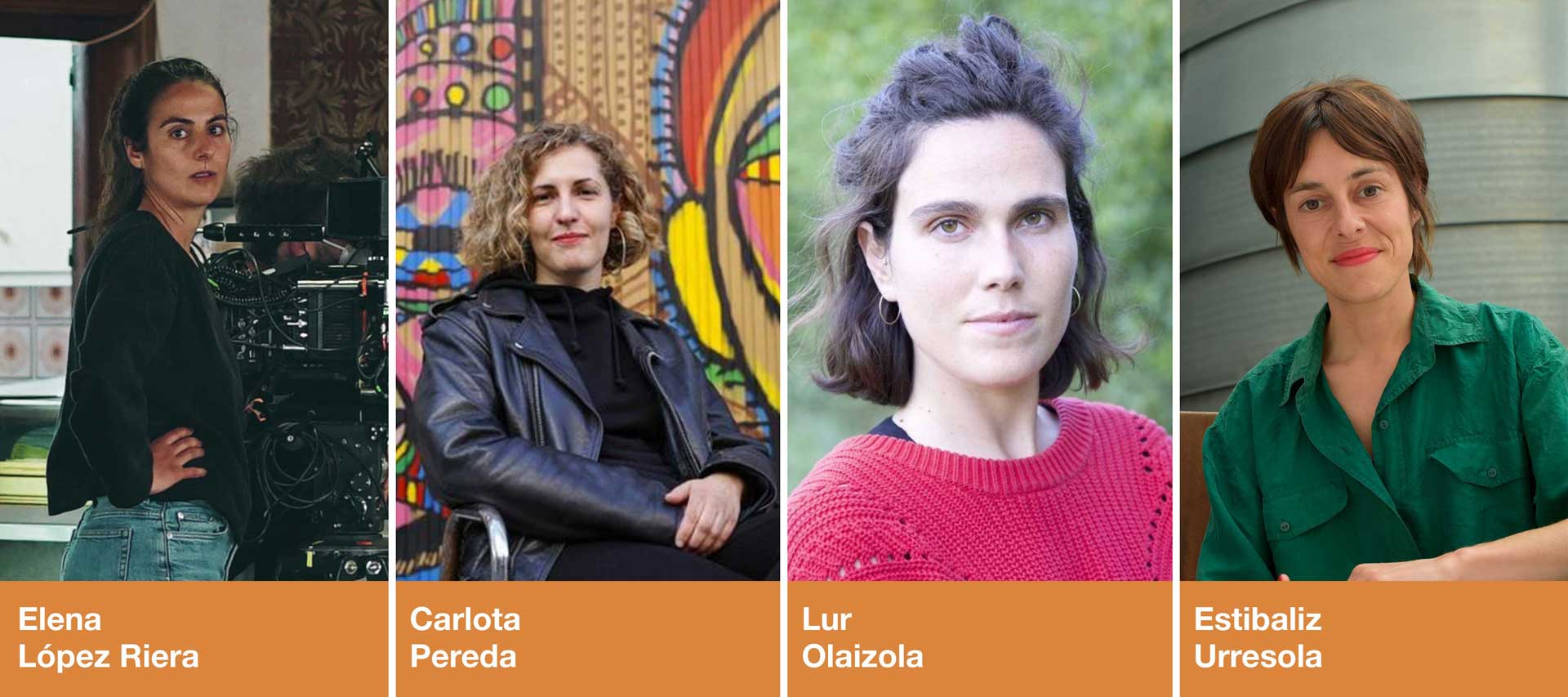
A jury composed by the San Sebastian Festival will choose the film to receive the Zabaltegi-Tabakalera Award, coming with 20,000 euros: 6,000 for the director of the film, and the remaining 14,000 euros for its distribution company in Spain.
Nataly, a trans woman, is visiting her former lover Leon with her daughter Secreto in a mysterious reclusive community hiding from the sun. These reunions will bring back the memory of a toxic and abusive relationship to Nataly.
Pierre, a Parisian engineer, goes up into the Alps for his work. Irresistibly attracted by what surrounds him, he camps out alone high in the mountains and leaves behind his everyday life. Up there he meets Léa, a chef of an alpine restaurant, while mysterious glows glitter in the deep mountains.
A woman goes missing. Two men set out to look for her: both love her. Why did she go? Each of them has his own suspicions, and keeps them from the other, who (mysteriously) never becomes his rival. Neither are right, but is anyone? That sudden flight becomes the secret thread running through a series of tales subtly woven by the film: the secret of another woman's heart, also lost many years ago; the secret of life in a rural town, shaken to the core by a supernatural occurrence that nobody seems to notice; the secret of the plain, that spreads relentlessly and eats everything in its way, like the shadows that flood the world after dusk.
Asta tries to find meaning and a sense of place in the coastal town in Western Norway where she works as a journalist. As she attempts to uncover the truth behind the disappearance of an asylum seeker, her personal life and her views on justice are affected.
A stone falls from the sky in a mountain village. Two friends set out to find it in the countryside. On the way they talk, remember a deceased friend, laugh, discuss, meet other seekers. On the way, poetry is read, poetry is heard, poetry is felt in the wind. From the beginning of the day until the light goes out. One or more goodbyes, but also encounters and promises. A film about friendships, winter landscapes and something as useless and necessary as poetry.
An ageing porno director makes a commentary in 2022 for the DVD of an underground 16mm film he made in 1972 that has recently been rediscovered. As the beautiful stud in the film undergoes a series of erotic reveries, the director laments his doomed love affair with his protagonist.
Short pieces including images taken with a mobile phone, personal photos and found material. Everyday incidents, childhood memories, portraits of friends, travel chronicles, readings and songs: diaries.
In the late 19th century, a young Danish priest travels to a remote part of Iceland to build a church and photograph its people. But the deeper he goes into the unforgiving landscape, the more he strays from his purpose, his mission and morality.
Eight-year-old Chul runs home during class because he is afraid that his mother, who is suffering from depression, might kill herself while she is alone at home.
In the midst of a silent divorce, Isabel leaves the city with her two children for her family's abandoned country house. She soon discovers that the sister of her housekeeper, María (Antonia Olivares), has gone missing. When Isabel offers her help, an unspoken pact to find the missing one is born between the two women. Meanwhile, Roberta (Aida Roa), the police commander in charge of the investigation, tries to get her son out of the cartels. The countryside is mined with confusion and danger, but regardless of these circumstances, determination in the face of destiny subsists.
An immersive archival journey through the explosive New York music scene of the early 2000s. Set against the backdrop of 9/11 and a world unaware of the seismic political, technological and cultural shifts about to occur, Meet Me in the Bathroom, tells the story of the last great romantic age of Rock'n'Roll through the prism of a handful of era defining bands: The Strokes, LCD Soundsystem, YEAH YEAH YEAHs and Interpol.
For more than a hundred years, the novel, Josefine Mutzenbacher or The Story of a Viennese Whore, has been the subject of controversy for its lustful depiction of child and female sexuality. Though published anonymously, over the years the novel has been attributed to the Austrian writer, Felix Salten (author of Bambi), and despite being banned for a period has also been celebrated as a world-renowned work of Viennese literature. With an ad in a newspaper, Ruth Beckermann announces a casting call for a film based on the well-known pornographic novel: "Looking for men between the ages of 16 and 99".
Itchan and her older sister Satchan go to the house of their grandmother, who is currently in a nursing home. They start cleaning the house in preparation for its renovation, but gradually the two discover the subtle gulf that lies between them.
A story of siblings building a tree house together over the course of a year. We experience the beauty and brutality of the seasons as we follow them through their struggles and moments of joy.
Nowhere to go but everywhere follows the extraordinary journey of Yasuo Takamatsu as he searches for his wife in the same ocean that stole her from him. After the 2011 tsunami that ravaged Northern Japan, Yasuo discovers his wife's mangled pink cellphone with a text message that never reached him. "I want to come home". This message, seemingly from the grave, propels Yasuo on his life mission. To find her and bring her home.
An introverted foley artist, Eva struggles to create sounds for a commercial featuring a horse. Empowered by a horsetail growing out of her body, she lures a botanist into an affair, through a game of submission. Piaffe is a visceral journey into control, gender, and artifice.
A fairy tale.
New technologies are transforming a 19th-century watchmaking town in Switzerland. Josephine, a young factory worker, produces the unrest wheel, swinging in the heart of the mechanical watch. Exposed to new ways of organizing money, time and labour, she gets involved with the local movement of the anarchist watchmakers, where she meets Russian traveller Pyotr Kropotkin.

